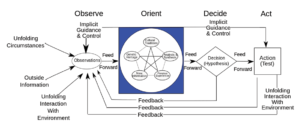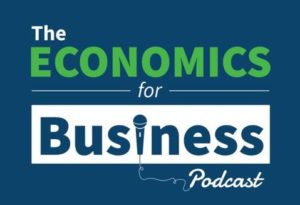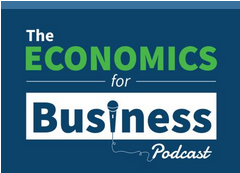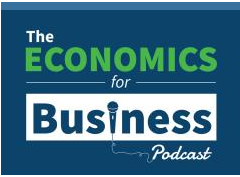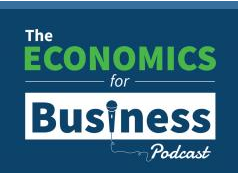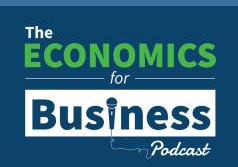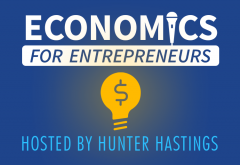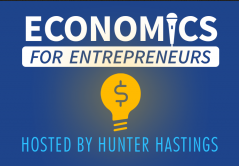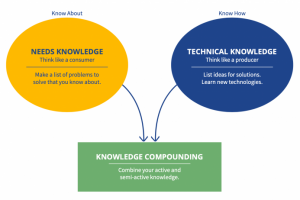Austrian economics recognizes change as a constant and provides guidance for adapting to it and managing it. Change is changing for business — it’s faster and more fundamental in the digital age. Austrian economics can help even more as a result of its practical and realist approach to adaptation and continuous adjustment.
Knowledge Capsule
Change is changing.
Change is a constant. You can think of the market in constant flux, as Mises did, You can think in terms of VUCA — volatility, uncertainty, complexity, and ambiguity. You can think of it in terms of complexity or of absolute uncertainty. However you tune your mind and your business processes, there are always going to be more things that can happen than you can predict or prepare for.
There are some

